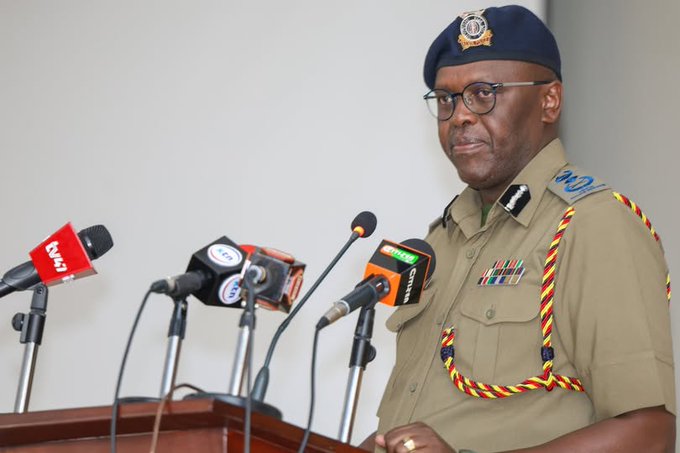Introduction
Kenya is once again in the global spotlight following the dramatic decision by Deputy Police Chief Eliud Lagat to step aside from his position. This move comes in the wake of mounting public outrage and widespread protests over the death of blogger and educator Albert Ojwang while in police custody. The incident has reignited debates about police accountability, freedom of expression, and human rights in the country.
The Arrest and Death of Albert Ojwang
Albert Ojwang, a 31-year-old blogger from Kakoth near Homa Bay, was arrested on June 6, 2025, after Deputy Police Chief Lagat lodged a formal complaint against him. Ojwang had been accused of defaming Lagat and publishing what authorities described as “false information” on social media platforms. Following his arrest, Ojwang was transported approximately 400 kilometers to Nairobi’s Central Police Station, where he was found dead two days later in his cell.
Initial police reports claimed that Ojwang died from self-inflicted injuries, specifically by hitting his head against the cell wall. However, this narrative was swiftly challenged by an independent pathology report. The autopsy revealed that Ojwang’s body showed signs of head trauma, neck compression, and multiple injuries consistent with assault, rather than self-harm.
Public Outcry and Protests
Ojwang’s death triggered immediate and intense reactions across Kenya. Human rights organizations, opposition leaders, and ordinary citizens took to the streets, demanding accountability and transparency in the investigation. Protests erupted in Nairobi and other major cities, with demonstrators calling for the resignation of Deputy Police Chief Lagat and justice for Ojwang.
The demonstrations were marked by clashes between protesters and law enforcement, resulting in injuries and property damage. The unrest has drawn attention to Kenya’s troubled history with police brutality and extrajudicial killings, with many recalling similar incidents during previous anti-government protests.
Deputy Police Chief Steps Aside
Facing mounting pressure, Eliud Lagat announced on June 16, 2025, that he would temporarily step aside from his role as Deputy Inspector General of the Kenya Police Service. In his statement, Lagat emphasized his commitment to cooperate fully with the ongoing investigations and expressed condolences to Ojwang’s family. He stated, “I am committed to providing any necessary assistance during the investigation of this tragic event”.
During the investigation, Lagat will have no access to his office, and his duties will be managed by his deputy. This decision is seen as a significant, though not unprecedented, response to public demands for accountability in Kenya’s security sector.
Ongoing Investigations and Arrests
As the investigation unfolds, authorities have arrested several police officers in connection with Ojwang’s death. The officer commanding the Central Police Station, Samson Talam, and his colleague James Mukhwana, were taken into custody after evidence emerged that CCTV footage from the station had been tampered with following Ojwang’s death. These arrests underscore the seriousness with which the authorities are treating the case, amid President William Ruto’s pledge to protect citizens from “rogue police officers”.
Broader Implications
Ojwang’s death and the subsequent uproar have reignited concerns about police conduct in Kenya. The incident has highlighted the risks faced by journalists, bloggers, and activists who speak out against powerful figures. It also raises critical questions about the protection of freedom of expression, the independence of investigations, and the broader culture of impunity within the security forces.
President Ruto’s administration, which has previously vowed to end police brutality, now faces a crucial test of its commitment to reform. The outcome of the investigations into Ojwang’s death will be closely watched both domestically and internationally.
Conclusion
The decision by Kenya’s deputy police chief to step aside amid the uproar over blogger Albert Ojwang’s death marks a pivotal moment in the country’s ongoing struggle with police accountability and human rights. As investigations continue and the public demands justice, the case serves as a stark reminder of the urgent need for systemic reforms within Kenya’s law enforcement agencies.

